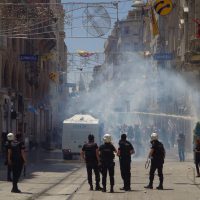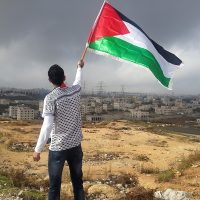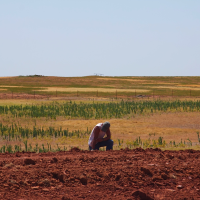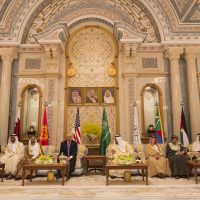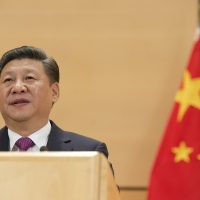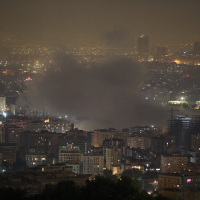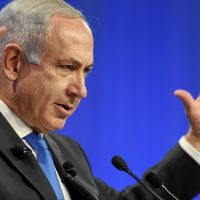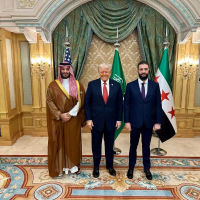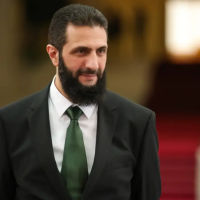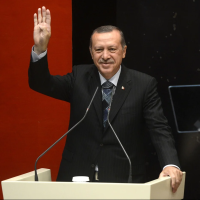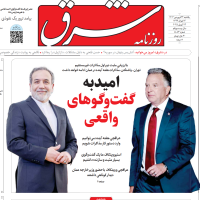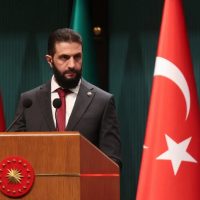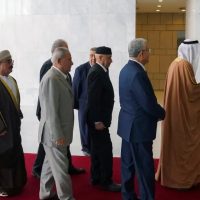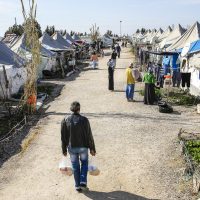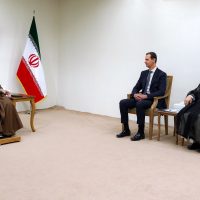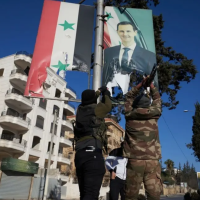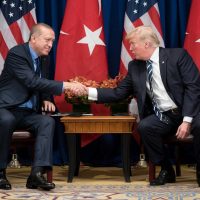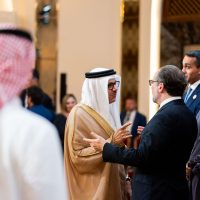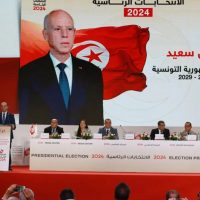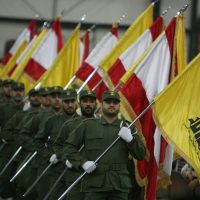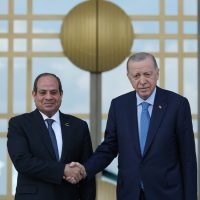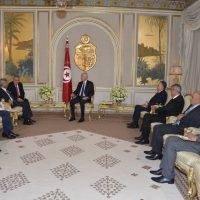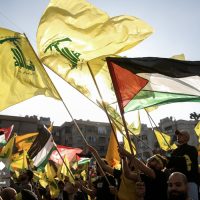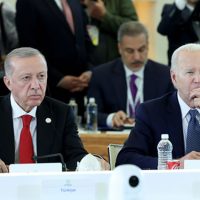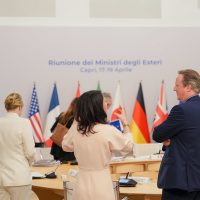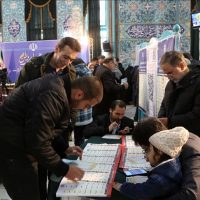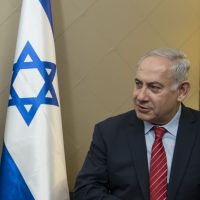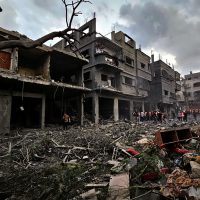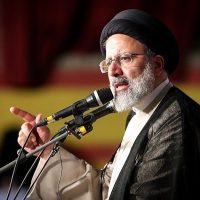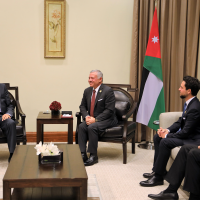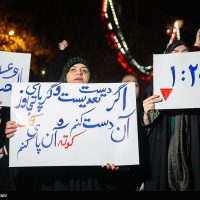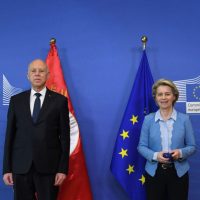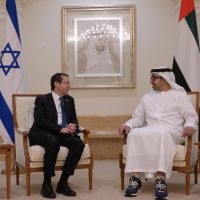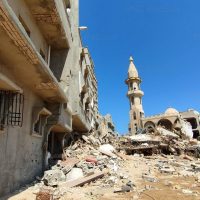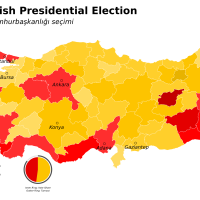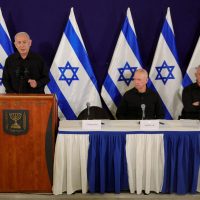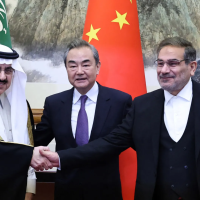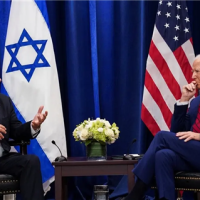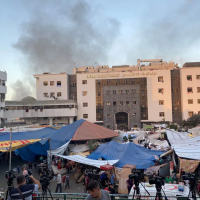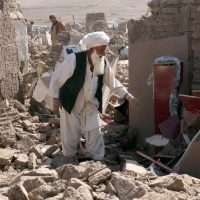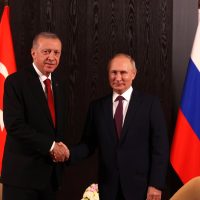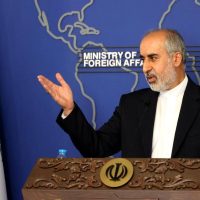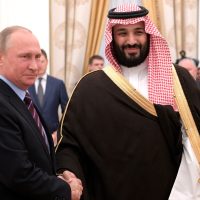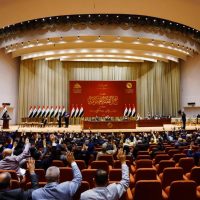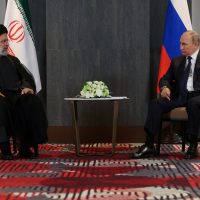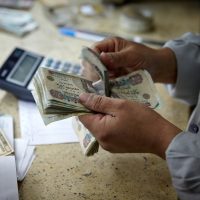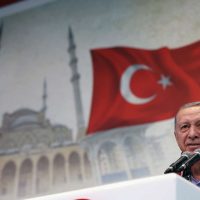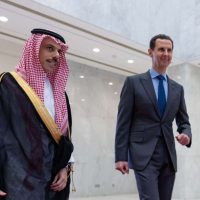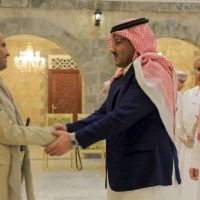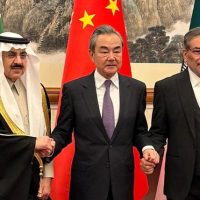페르시아 시문학 유산의 탐구: 고전 페르시아 시의 대가, 허페즈의 삶과 유산
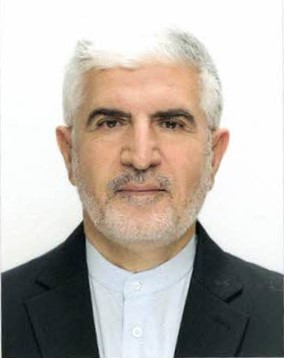 사이드 쿠제치 (주한이란이슬람공화국대사)
사이드 쿠제치 (주한이란이슬람공화국대사)
이란 문화에서 시는 독특하게 존경받는 위치를 점하고 있으며, 이는 세계 다른 여러 문화 전통에서보다 훨씬 더 두드러진다고 할 수 있습니다. 이란 사회 전반에서는 시적 재능에 대한 자긍심이 용인될 뿐만 아니라 적극적으로 장려되는 경향이 있습니다.
이란 전역 수많은 도시의 거리, 광장, 문화 기관들은 사아디, 페르도우시, 허페즈 같은 전설적인 시인들의 이름을 따온 것입니다. 이러한 깊은 문화적 존경은 페르시아 시가 페르시아어의 보존과 발전에 핵심적인 역할을 해왔기 때문입니다.
시적 표현을 통해 이 언어는 수세기에 걸쳐 생명을 유지하고 정제되며 풍요로워져, 문화적 정체성의 그릇이자 지적·예술적 표현의 매개체 역할을 해왔습니다.
이 문제에 관해 이란인 학자들과 외국의 이란학자들은 페르도우시가 『샤나메』를 집필함으로써 페르시아어를 소멸 위기에서 구했을 뿐만 아니라 이란 문화와 정체성에 지속적인 기여를 했다는 점에 동의합니다. 그리고 그의 유산을 이어받아 각 시대의 위대한 시인들은 언어의 고양과 발전에 기여했습니다.
페르시아 시는 페르시아어를 생동감 넘치고 역동적인 상태로 유지함으로써 이란 정체성의 상징인 이 언어를 보존해왔습니다. 또한 시는 예술적 혁신의 길을 열었으며 페르시아어 사용자들 사이에서 창의적 사고의 강력한 매개체 역할을 수행함으로써 이란 문화 내에서 그 높은 위상을 확고히 했습니다.
이란 문학의 역사 전반에 걸쳐 시는 다양한 기능을 수행해왔습니다. 시는 때로는 깊은 감정과 사랑을 표현하는 수단이 되었고, 다른 때는 철학적·영적 주제를 탐구하는 매개체가 되었으며, 특정 시기에는 정치적 비판과 저항의 강력한 도구로 기능했습니다.
시는 이란 국민의 정신과 본질과 깊이 얽혀 있습니다. 일상생활에서 시의 영향을 받지 않거나, 지적·정서적 관점에 대한 시의 뿌리 깊은 영향력에 무관심한 이란인은 거의 없다고 단언할 수 있습니다.
위대한 페르시아 시인의 수는 방대하며, 모든 역사적 시기에 걸쳐 영향력 있는 인물들이 등장해왔다. 그러나 그중 가장 유명한 이들을 꼽으라면, 허페즈는 의심할 여지없이 루미, 페르도우시, 하이얌, 사아디와 함께 페르시아 전통에서 가장 찬사를 받는 다섯 시인 중 한 명이요 고전 페르시아 문학의 초석입니다.
오늘날 점점 더 상호 연결되는 세계에서 문화의 이해는 평화로운 국제 관계의 초석으로 남아 있습니다. 사랑, 자아성찰, 인간 조건이라는 보편적 주제를 담은 페르시아 시, 특히 하페즈의 시가 남긴 깊은 유산은 문화적 대화를 위한 의미 있는 장을 제공합니다.
우리가 현대 세계의 복잡성을 헤쳐 나가는데 있어, 문화 외교는 국가 간 신뢰와 공감을 조성하는 데 중요한 힘으로 부상하고 있습니다.
특히 문학과 시는 국가를 형성하고 문화 간 연결을 이루는 집단 기억, 가치관, 열망을 들여다보는 독특한 창구 역할을 합니다. 서로의 시적 전통을 접함으로써 우리는 예술적 탁월성을 기릴 뿐만 아니라 공통된 인간성을 확인하게 됩니다.
이란 이슬람 공화국과 대한민국은 모두 풍부한 문학적 전통을 지닌 고대 문명의 후예로서, 공유하고 배울 점이 많습니다. 문화적 협력, 학술 교류, 예술에 대한 상호 이해를 통해 양국 국민 간의 유대를 더욱 공고히 할 수 있습니다.
페르시아 시에 담긴 영원의 지혜와 아름다움이 문화적 가교 역할을 하여 이란과 한국의 우정을 강화하고, 지적·예술적 협력을 위한 공동의 의지를 고취시키기를 진심으로 바랍니다.
Exploring Persian Poetic Heritage:
The Life and Legacy of Hafez, a Master of Classical Persian Poetry
H.E. Saeed KOOZECHI,
Ambassador of the Islamic Republic of Iran to the ROK
Poetry holds a uniquely esteemed position in Iranian culture—arguably more than in many other cultural traditions around the world. A sense of pride in poetic talent is not only socially accepted but actively celebrated across all segments of Iranian society.
In numerous cities throughout Iran, streets, public squares, and cultural institutions are named after legendary poets such as Saadi, Ferdowsi and Hafez. This profound cultural reverence is rooted in the pivotal role Persian poetry has played in preserving and nurturing the Persian language.
Through verse, the language has been kept alive, refined and enriched over centuries, serving as both a vessel of cultural identity and a medium for intellectual and artistic expression.
In this regard, both Iranian scholars and foreign Iranologists agree that Ferdowsi, by composing the Shahnameh, not only rescued the Persian language from extinction but also rendered an enduring service to Iranian culture and identity. In continuation of his legacy, the great poets of each era contributed to the elevation and evolution of the language.
Persian poetry has preserved the Persian language—an emblem of Iranian identity—by keeping it vibrant and dynamic. It has also paved the way for artistic innovation and served as a powerful medium for creative thought among Persian speakers, thereby securing its highly esteemed status in Iranian culture.
Throughout the history of Iranian literature, poetry has served a variety of functions. At times, it has been a means of expressing deep emotions and love; at other times, a medium for exploring philosophical and spiritual themes; and during certain periods, a powerful vehicle for political critique and protest.
Poetry is profoundly intertwined with the spirit and essence of the Iranian people. It can be stated with confidence that few, if any, Iranians remain untouched by poetry in their daily lives, or unaffected by its deep-rooted influence on their intellectual and emotional outlook.
The number of great Persian poets is vast, with influential figures emerging across every historical period. However, if one were to name the most renowned among them, Hafez would undoubtedly stand alongside Rumi, Ferdowsi, Khayyam, and Saadi as one of the five most celebrated poets in the Persian tradition and a cornerstone of classical Persian literature.
In today’s increasingly interconnected world, cultural understanding remains a cornerstone of peaceful international relations. The profound legacy of Persian poetry, particularly that of Hafez—with its universal themes of love, introspection, and the human condition—offers a meaningful platform for cultural dialogue.
As we navigate the complexities of the modern world, cultural diplomacy emerges as a vital force in fostering trust and empathy among nations.
Literature and poetry, in particular, provide a unique lens into the collective memory, values and aspirations that shape nations and connect them across cultures. By engaging with each other’s poetic traditions, we not only celebrate artistic excellence but also affirm our share humanity.
The Islamic Republic of Iran and the Republic of Korea, both heirs to ancient civilizations with rich literary traditions, have much to share and learn from one another. Through cultural initiatives, academic exchange, and mutual appreciation of the arts, we can deepen the bonds between our peoples.
It is my sincere hope that the timeless wisdom and beauty found in Persian poetry will serve as a cultural bridge—strengthening the friendship between Iran and Korea, and inspiring a shared commitment to intellectual and artistic collaboration.
- All
- 2023 10월호
- 2023 3월호
- 2023 4월호
- 2023 5월호
- 2023 6월호
- 2023 9월호
- 2023년 11월호
- 2023년 12월호
- 2024년 10월호
- 2024년 11월호
- 2024년 11월호
- 2024년 12월호
- 2024년 12월호
- 2024년 3월호
- 2024년 4월호
- 2024년 5월호
- 2024년 6월호
- 2024년 9월호
- 2025년 10월호
- 2025년 11월호
- 2025년 12월호
- 2025년 3월호
- 2025년 4월호
- 2025년 5월호
- 2025년 6월호
- 2025년 9월호
- MENA Focus
- 기고문
- All
- 2023 10월호
- 2023 3월호
- 2023 4월호
- 2023 5월호
- 2023 6월호
- 2023 9월호
- 2023년 11월호
- 2023년 12월호
- 2024년 10월호
- 2024년 11월호
- 2024년 11월호
- 2024년 12월호
- 2024년 12월호
- 2024년 3월호
- 2024년 4월호
- 2024년 5월호
- 2024년 6월호
- 2024년 9월호
- 2025년 10월호
- 2025년 11월호
- 2025년 12월호
- 2025년 3월호
- 2025년 4월호
- 2025년 5월호
- 2025년 6월호
- 2025년 9월호
- MENA Focus
- 기고문

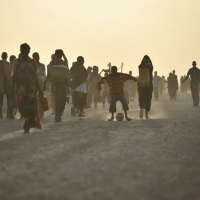
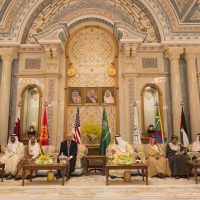
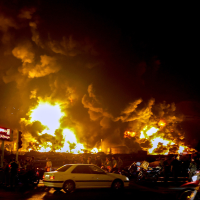
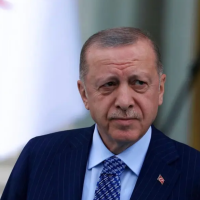
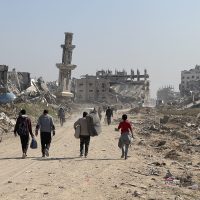
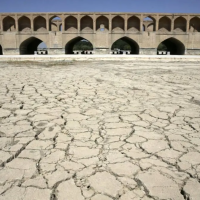

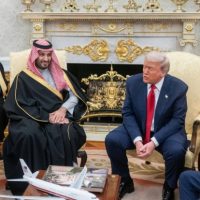
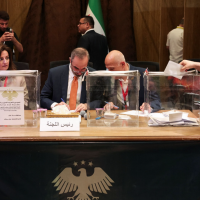
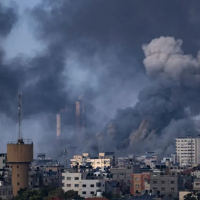
![President Trump makes remarks at the U.S. Embassy Buenos Aires meet and greetMore: President Donald Trump conducts a meet and greet with the staff and families of US Embassy Buenos Aires along with Secretary Michael R. Pompeo in Argentina, 30 November 2018. [State Department photo/ Public Domain]. Original public domain image from Flickr President Trump makes remarks at the U.S. Embassy Buenos Aires meet and greet
More:
President Donald Trump conducts a meet and greet with the staff and families of US Embassy Buenos Aires along with Secretary Michael R. Pompeo in Argentina, 30 November 2018. [State Department photo/ Public Domain]. Original public domain image from Flickr](http://wac.snuac.ac.kr/wp-content/uploads/2025/10/Trump--200x200.jpeg)
